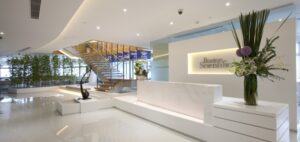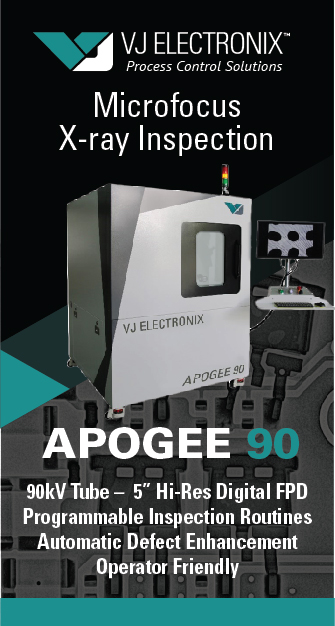Dive Brief:
- Boston Scientific has presented retrospective data on the use of its radioactive glass beads in the treatment of the liver cancer hepatocellular carcinoma (HCC).
- The clinical trial found a correlation between survival and radiation absorbed by the tumor, giving Boston Scientific data to make the case for using the recently approved device.
- Analysts at Evercore ISI estimate the approval of the device, TheraSphere, opens up a $150 million U.S. market opportunity to Boston Scientific. Sirtex Medical markets a similar device in HCC outside the U.S. but is yet to win FDA approval in the indication.
Dive Insight:
FDA approved a humanitarian device exemption application for TheraSphere in 1999. The HDE approval permitted Boston Scientific to start distributing the device without meeting usual efficacy requirements but placed restrictions on its commercial prospects.
Boston Scientific freed itself from those restrictions last week by securing the full FDA approval of the device in HCC patients with unresectable solitary tumors of up to 8cm. FDA granted the approval on the basis of data from LEGACY, a retrospective study that linked TheraSphere to a 93% rate of overall survival at three years and an objective response rate of 72.2% at four weeks.
Evercore noted that while the survival rate was high, it was based on a small number of evaluable patients, about 51 patients.
On Thursday, Boston Scientific followed up with data from another retrospective study, TARGET, at the Society of Interventional Radiology annual scientific meeting. The study found the median overall survival in recipients of the device was 20.3 months. Less than 5% of subjects had adverse events.
Boston Scientific framed the results as evidence that TheraSphere enables the delivery of high doses of radioactive yttrium, also known as Y-90, to tumor cells while minimizing the exposure of healthy tissues. If Boston Scientific can persuade physicians of the value of the device, Evercore calculates it could start to tap a $150 million opportunity, although they note the lack of data from a randomized trial “could be a factor in modeling adoption.”
The market estimate is based on an assumption that 45% of HCC are localized tumors and that 25% of patients awaiting a transplant are eligible for the treatment. Evercore combined those figures with an estimated average selling price per dose of around $18,000, a figure the analysts reached by going over data released by Sirtex.
Sirtex markets its Y-90 resin microspheres for use in HCC in more than 50 countries but is yet to secure FDA approval. Days after Boston Scientific shared news of its approval, Sirtex said the agency has signed off on a clinical trial that could support expanded use of its device in the U.S. The clinical trial is set to start recruiting the first of a targeted 100 HCC patients in the second quarter.


